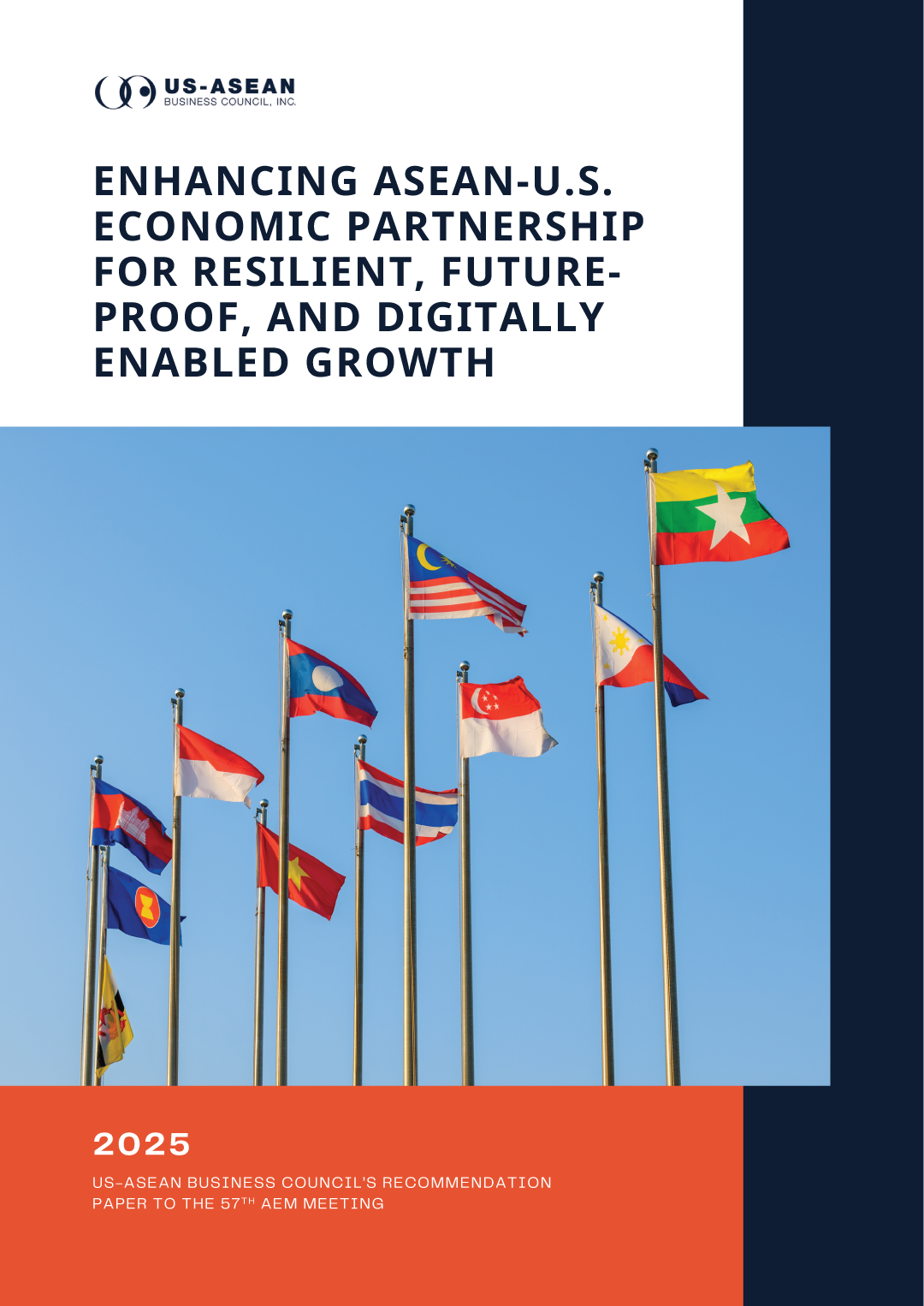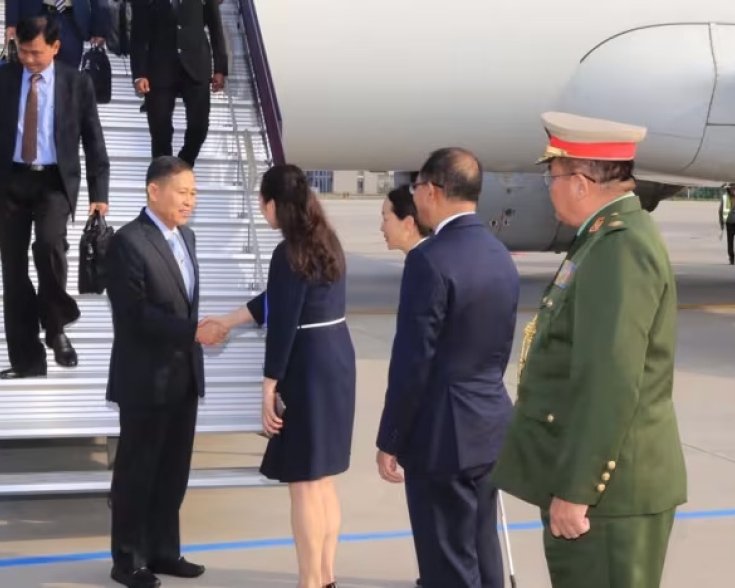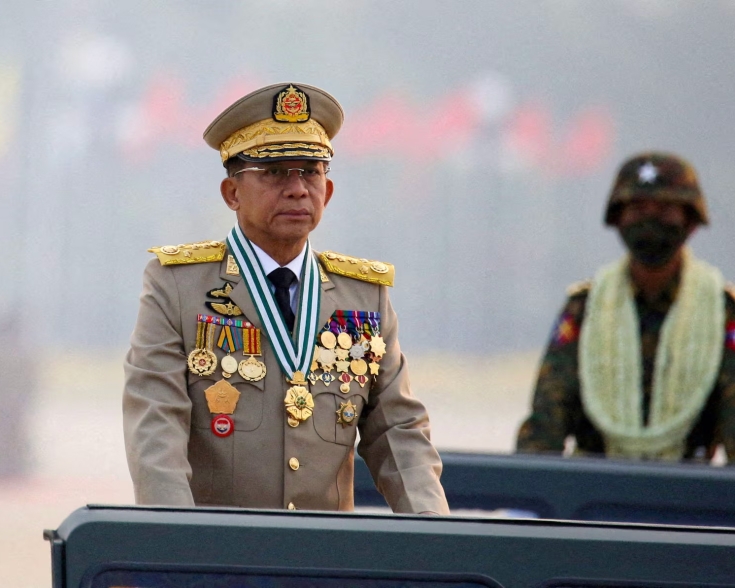ASEAN Launches DEFA Negotiations

In a statement released on September 5, the ASEAN Economic Ministers launched negotiations on the ASEAN Digital Economy Framework Agreement (DEFA) during the 23rd ASEAN Economic Community Council Meeting which met on September 3 as part of the 43rd ASEAN Summit in Jakarta. Along with international agreements and national regulatory processes, the DEFA is likely to be the dominant regional framework influencing digital trade and economic development in ASEAN.
The DEFA is intended to offer a comprehensive roadmap to empower ASEAN business stakeholders and unlock US$2 trillion in the regional digital economy by 2030. The agreement is envisioned as a unifying force that will drive ASEAN’s digital transformation agenda through accelerating trade growth, enhancing interoperability, creating a safe online environment, and increasing participation of MSMEs. AMS initially targeted 2025 for the start of negotiations but updated the timeline in May 2023 to account for the accelerated pace of digital transformation.
DEFA negotiations will build upon the results of the ASEAN Study on the DEFA, which identified nine key areas of focus including e-commerce, cross-border payments, data flow and protection, and regional talent mobility. The ASEAN DEFA Negotiating Committee (NC) is chaired by Thailand and includes Lead Negotiators from all 10 AMS. The NC has the overall responsibility for negotiating the DEFA provisions based on the principles, process, and timeline identified in the Framework for Negotiating ASEAN DEFA. The first meeting of the NC is scheduled to take place by the end of 2023. Subsequent meetings will be conducted in 2024 and 2025 with a view to conclude the ASEAN DEFA negotiations by late 2025. The Council has proactively proposed a capacity building project to engage ASEAN member states in the DEFA process.
DEFA is intended to offer a comprehensive roadmap to empower ASEAN business stakeholders and unlock US$2 trillion in the regional digital economy by 2030. The agreement is envisioned as a unifying force that will drive ASEAN’s digital transformation agenda through accelerating trade growth, enhancing interoperability, creating a safe online environment, and increasing participation of MSMEs. AMS initially targeted 2025 for the negotiations’ start of negotiations but updated the timeline in May 2023 to account for the accelerated pace of digital transformation.




![Cover-[USABC-Final]-Driving-ASEAN-Unity-Malaysia's-Vision-for-2025](/sites/default/files/2025-07/Cover-%5BUSABC-Final%5D-Driving-ASEAN-Unity-Malaysia%27s-Vision-for-2025.jpg)


